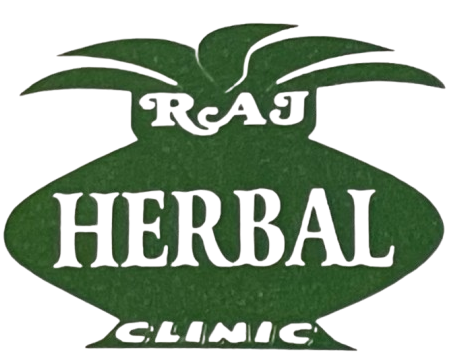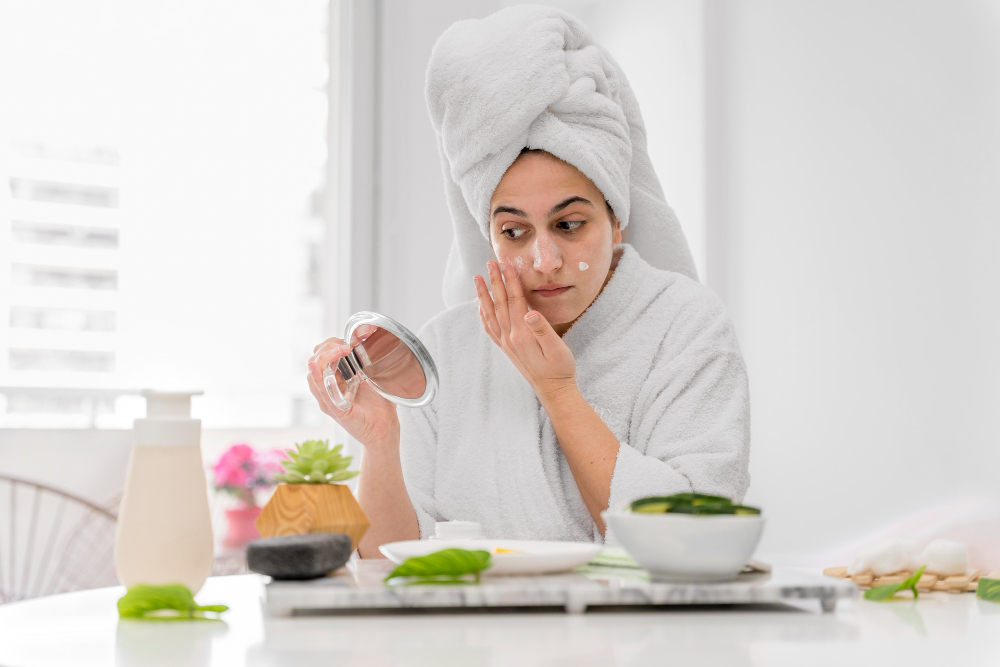What is Acne (Pimples)?
Acne, also called pimples, is a common skin problem. It often appears as red bumps, blackheads, or whiteheads. Many people get acne on their face, back, or chest. Usually, acne starts during teenage years, but adults can get it too. The main causes include blocked skin pores, extra oil, bacteria, and sometimes hormones. Because of acne, some people may feel shy or worried about their looks. However, there are many ways to manage and treat acne.
Ayurvedic Perspective on Acne
In Ayurveda, acne is known as “Yuvan Pidika.” Ayurveda believes that acne happens when there is an imbalance in the body’s natural energies, called doshas. These doshas are Vata, Pitta, and Kapha. Most often, acne is linked to too much Pitta dosha, which controls heat and metabolism. When Pitta increases, it can cause heat and inflammation in the skin. Sometimes, Kapha and Vata imbalances also play a role. Ayurveda looks at the whole person, not just the skin, to find the root cause of acne.
Key Ayurvedic Formulations for Acne Treatment
Ayurveda offers many herbal solutions for acne. These natural remedies can help clear the skin and reduce pimples. Below are some well-known Ayurvedic formulations:
Many of these remedies have been used for centuries. Some studies support their benefits, but more research is needed. Always use these products as directed.
How to Use Ayurvedic Remedies Safely
When using Ayurvedic acne treatment, safety is important. Here are some tips to follow:
Because everyone’s skin is different, what works for one person may not work for another. Therefore, expert guidance is always best.
Lifestyle and Dietary Guidance in Ayurveda
Ayurveda teaches that daily habits and food choices affect skin health. To help prevent or manage acne, try these tips:
With these simple steps, you can support your skin’s natural balance.
Prevention and Long-Term Care
Preventing acne is easier when you follow Ayurvedic principles. Here are some long-term care tips:
Over time, these habits can help keep your skin clear and healthy.
Scientific Evidence and Reliable Sources
Many Ayurvedic herbs, like neem and turmeric, have been studied for their skin benefits. For example, research in the Journal of Ethnopharmacology shows neem’s antibacterial effects. The World Health Organization (WHO) also recognizes traditional medicine, including Ayurveda, as a valuable health resource. However, more large-scale studies are needed to confirm the best uses for acne. Always rely on trusted sources and consult experts for advice.
Conclusion
Ayurvedic formulations for acne offer natural solutions for clearer skin. With the right remedies, healthy habits, and expert guidance, you can manage pimples safely. For best results, consult a qualified Ayurvedic specialist for personalized acne treatment and advice.

